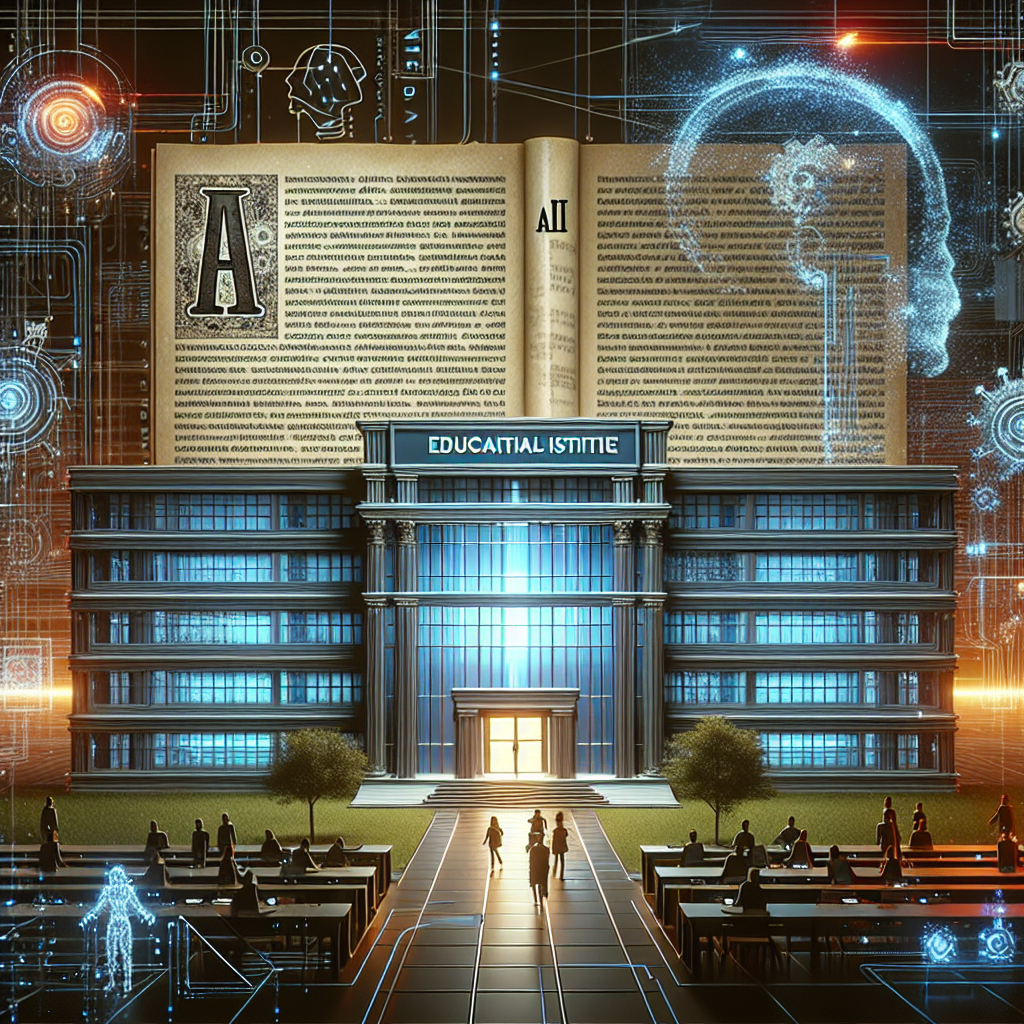Introduction
The Tony Blair Institute for Global Change has ignited a row over a report about the copyright of artificial intelligence (AI) systems. Many in the tech community are bristling at the findings and assertions made in the report.
Background
The Tony Blair Institute, founded by former UK Prime Minister Tony Blair, aims to address global issues through informed debate and by driving technological change. But it is their recent stance on AI copyrights that has triggered a wave of condemnation.
Analysis
The Report
Drawing a substantial amount of flak, the report, titled “Artificial Intelligence: Ownership and Protection”, explores the legalities of AI and data rights. The critique primarily focuses on the report’s stance that AI can, theoretically, have legal personality rights.
Industry Response
The report drew sharp criticism for suggesting that AI systems might have the potential to garner a legal personality similar to corporations, with the capacity to hold and manage property rights. This proposition has been met with vehement opposition from experts in the field who argue that machines inherently lack the capacity to shoulder responsibilities or obligations – a key requirement for holding rights.
The Aftermath
The backlash against institute’s report has spawned wider conversations about the intricacies of AI innovation and its ethical and legal implications.
Conclusion
As we navigate the complexities of AI and its incorporation into society, the latest report by The Tony Blair Institute offers a thought-provoking point of discussion. Whether such perspectives will gather support or lead to constructive dialogue on AI’s role within our society remains as yet uncertain.

